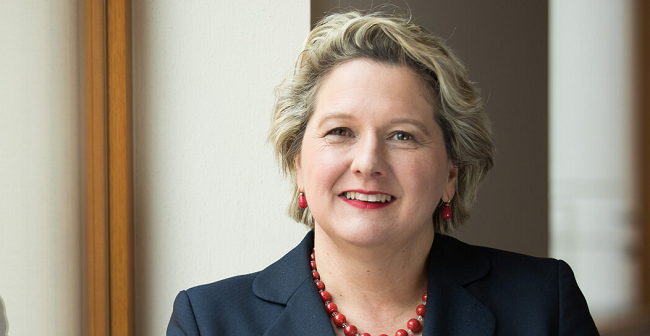World Environment Day observed on June 5, 2021 sees the start of the UN Decade on Ecosystem Restoration, as declared by the United Nations General Assembly for the period 2021 to 2030. It follows the UN Decade on Biodiversity which came to an end in 2020.

The goal in the coming decade is to halt the ongoing degradation of ecosystems and begin their restoration. Germany has declared its support for the UN Decade on Ecosystem Restoration.
German Environment Minister, Svenja Schulze, who gave a video message at a high-level virtual event organised by Pakistan, host of this year’s World Environment Day, to mark the launch of the new UN Decade, remarked: “The climate and biodiversity crises show only too clearly how important it is to protect and restore ecosystems and natural habitats more effectively. That is why we are supporting the UN Decade with a range of initiatives and projects. To halt the loss of biodiversity we need structurally rich forests, intact peatlands and near-natural coastal areas.
“Ultimately, that benefits human health as well. Restoring ecosystems is a key issue for the future, as only by doing so can we combat climate change and revitalise biodiversity. Sustainable development will also help green our recovery from the coronavirus pandemic.”
With the experience gained in the Bonn Challenge for forest landscape restoration, the German Federal Environment Ministry says it has played a pivotal role in developing the UN Decade on Ecosystem Restoration and is now working towards its successful implementation.
Within Germany, support programmes such as the Wilderness Fund, the Forest Climate Fund and the Blue Belt Programme contribute to ecosystem restoration, for instance by rehabilitating riparian forests and renaturing watercourses and alluvial meadows. As an EU member state, Germany is reportedly working on implementing the EU Biodiversity Strategy for 2030, which will introduce the first legally binding targets for nature restoration within the European Union.
Internationally, Germany supports the UN Decade through programmes such as the Federal Environment Ministry’s International Climate Initiative (IKI). IKI funding reaches a range of projects for ecosystem restoration throughout the world.
In the area of forests alone, 27 IKI projects are dedicated to the cross-cutting issue of ecosystem restoration, with total financing of 150 million euros. Among the examples of IKI support are the restoration of forest landscapes in African countries, trialling innovative strategies for mobilising private investment in ecosystems and participation in the Multi-Partner Trust Fund for implementing the UN Decade.
The goal of the UN Decade on Ecosystem Restoration is to achieve the global Sustainable Development Goals (SDGs) for 2030 by halting the global destruction of ecosystems, ensuring their conservation and beginning their restoration.
The Decade can be seen as complementing the UN Conventions on Biodiversity (CBD), Climate Change (UNFCCC) and Desertification (UNCCD). It thus acts as an interface for realising the goals of these three conventions. The Decade is coordinated by the United Nations Environment Programme (UNEP) and the Food and Agriculture Organisation of the United Nations (FAO).
